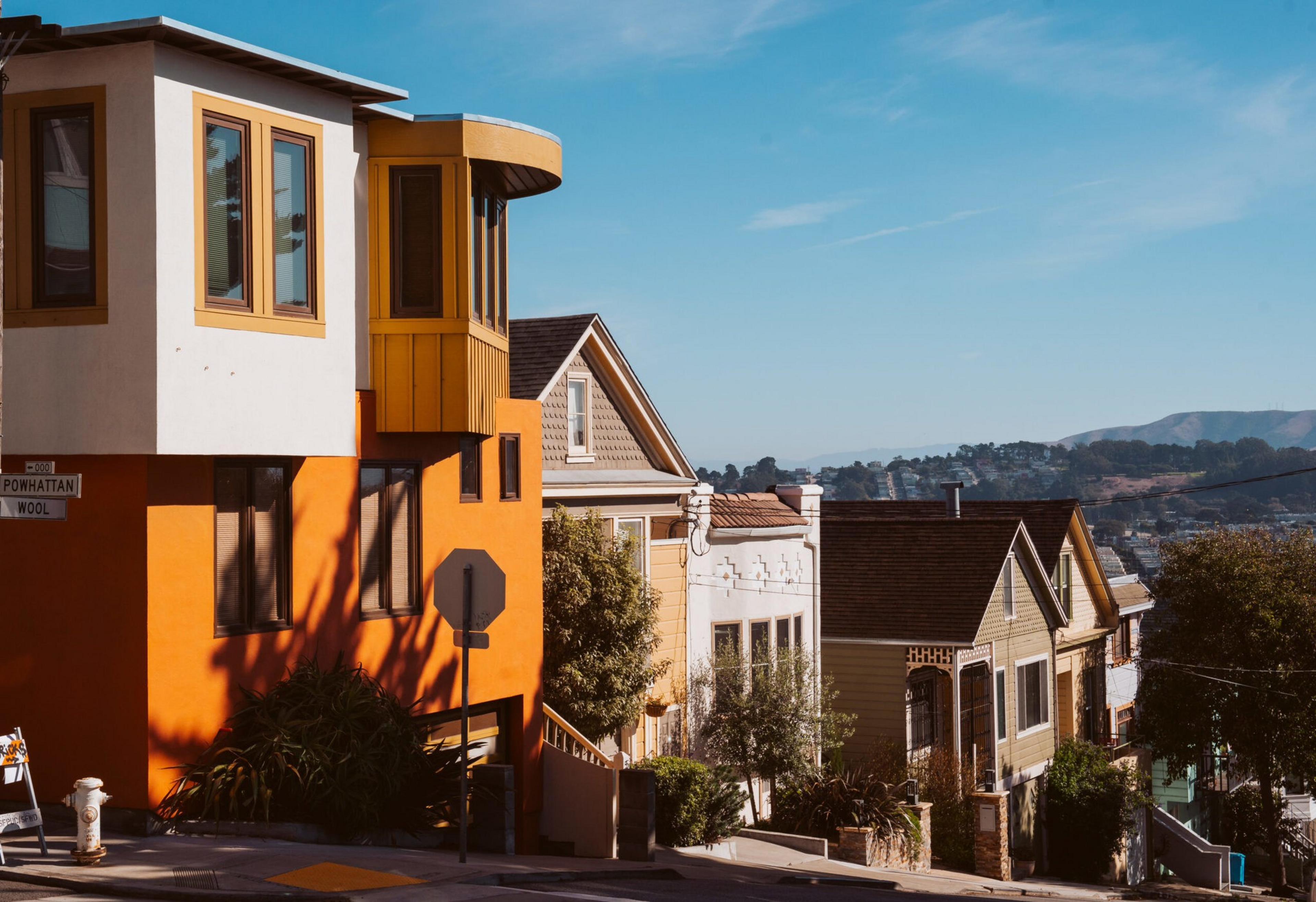San Francisco’s Housing Element, or a state-mandated plan to make room for 82,000 new housing units by 2031, is the subject of a special order hearing at this week’s Board of Supervisors. Fireworks are expected.
Also on tap this week: The Board is also set to clear more supportive housing, and lend some helping hands to local cannabis retailers and other businesses.
As always, the wonks can check out these items and more in the agenda (opens in new tab).
Housing Plan Faces Major Test

San Francisco’s YIMBY revolution finally crashes the gates of City Hall this Tuesday, as the supervisors mull a radically expanded Housing Element at a special Committee of the Whole hearing, at 3 p.m.
The Planning Department has released a final draft (opens in new tab) of the document, which plans for a state-mandated goal of 82,000 new housing units by 2031—including a call to rezone land to take on 35,000 of those new units. That means that historically recalcitrant western neighborhoods will have more neighbors. Many more neighbors.
Expect the usual suspects among the board—like Supervisor Dean Preston, a champion of “social housing” and vocal critic of state housing policy—to have a lot to say, along with members of the public from the more anxious neighborhoods.
One example is the Japantown Task Force (opens in new tab). That group expressed concern over more height and density allowed in the area, which they said “will overburden the community, given its small footprint.” Expect J-town, given its historical precarity, to be among the more resonant opposition voices.
After the hearing, the draft goes back to the Planning Commission for possibly more tweaks, then back to the board for final approval, hopefully by Jan. 31. Otherwise, the city faces further karma via the “builder’s remedy,” where virtually any new housing project with an affordable component will be able to bypass local control.
State Sen. Scott Wiener has said that the city needs to hit rock bottom before it can have a genuine epiphany on housing policy. He reiterated that position in light of the failure of Prop. D, which narrowly lost at the polls.
Lease, Management for Supportive Housing
The board has typically had fewer collective qualms about affordable or supportive housing (especially when it doesn’t ruffle feathers in their home districts). So the board will likely approve the initial five-year management and lease term for one of its more unique permanent supportive housing sites.
The city purchased 1321 Mission, from Panoramic Interests last fall. The purchase was partly backed by a $54.7 million state Project Homekey grant.
Originally built by Panoramic as market-rate “micro-housing” and student housing, pressures from the Covid pandemic incentivised the sale of the 160-unit building. The city purchased another Panoramic project at 333 12th St. earlier this year.
DISH (Delivering Innovation in Supportive Housing), a social venture of the Tides Foundation, is managing the 1321 Mission site. DISH manages eight other supportive housing sites around the city.
Lending a Hand to Local Businesses

The board will consider yet another extension of the tax holiday for cannabis businesses, this time through the end of 2025.
Principal sponsor Supervisor Rafael Mandelman drafted the legislation in response to continuing price volatility from an oversaturated market and competition from the legacy illegal market. The tax was originally supposed to go into effect in 2019.
Mandelman argued before the Budget and Finance Committee last week that the legal cannabis market was still in “an existential moment for the legalization project,” thus requiring yet another extension.

The item passed committee, but without the support of Supervisor Connie Chan, who said she was “sympathetic to the industry,” but had reservations about extending the tax holiday further given the state’s promises to enact further relief. (Fun Fact: Nicole Elliott, who ran San Francisco’s cannabis regulatory office, now runs the state counterpart.)
The board has passed a number of relief measures for local small businesses in the face of Covid; last week, they approved installment agreements for health license fees for distressed restaurants and other businesses. Further down the line, legislation introduced last month (opens in new tab) by Supervisor Catherine Stefani to waive permit fees for sidewalk sale displays should hit committee soon.
The Board is also expected to pass a resolution Tuesday declaring Nov. 26 “Small Business Saturday,” encouraging residents to do their holiday shipping at local businesses.
